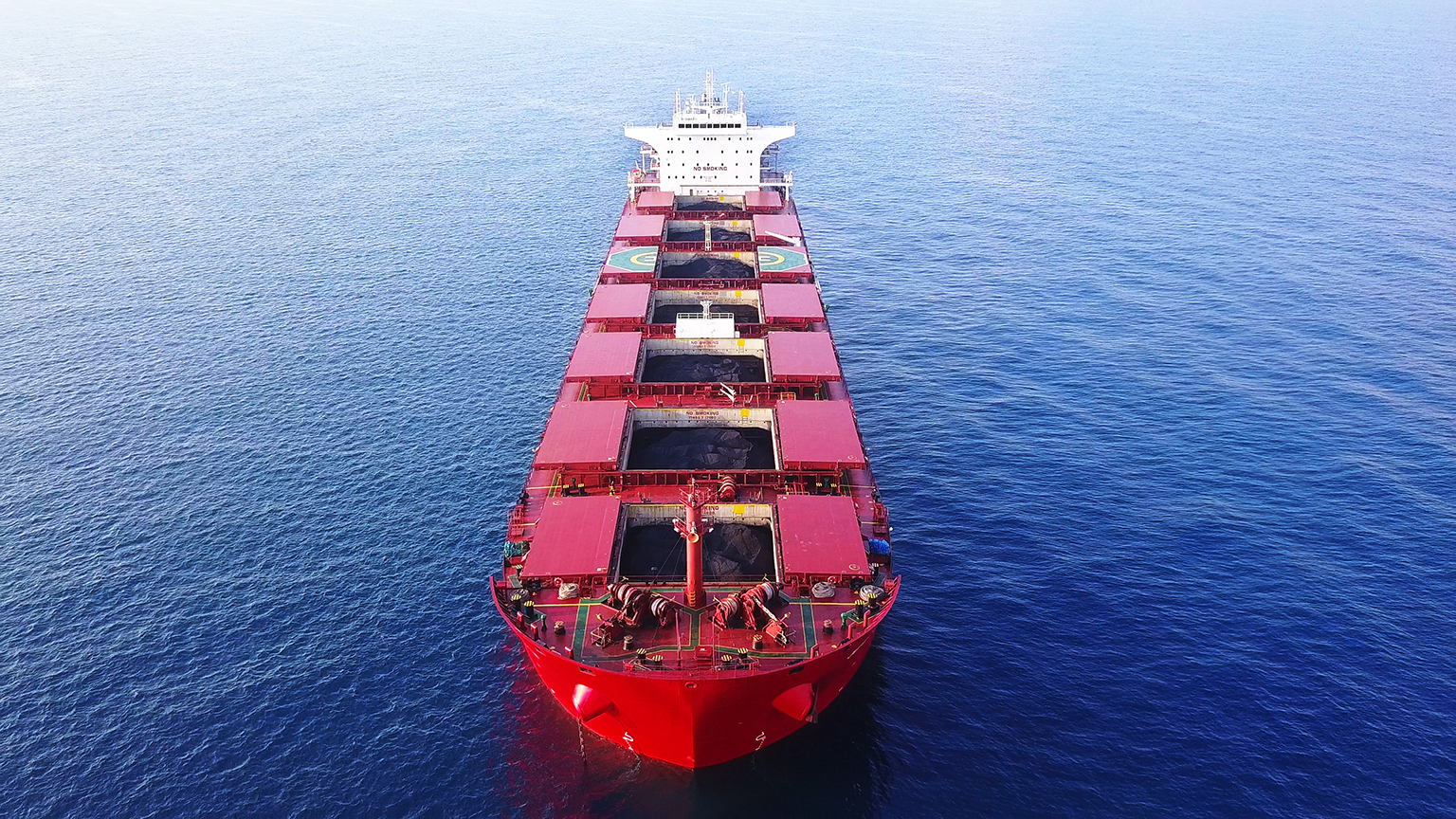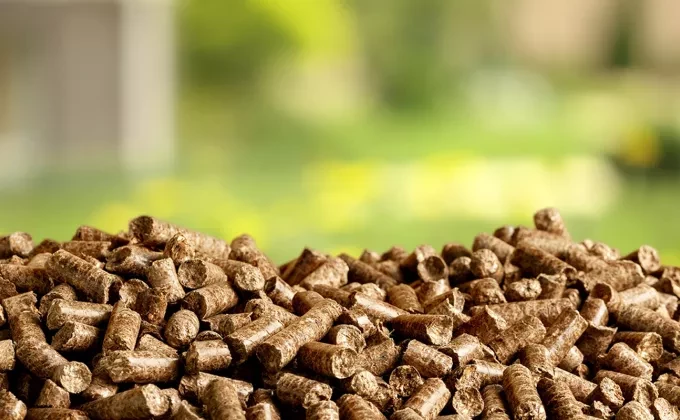Dry bulk material handling and wood processing technology: Underpinning the material demands of the industrial world
Within every imaginable industry, at some point in their supply chains, it is likely that dry bulk materials have made their mark. Global economies are founded on the flow of goods, and 90 percent of trade is carried by sea, making the bulk market and dry bulk material handling, a reflection of demand within the industrialized world. Add to this picture the material that covers a third of its surface, wood, and the significance of the dry bulk material handling and wood processing industries becomes even more evident.
Bruks Siwertell specializes in solutions that make dry bulk material handling and wood processing efficient, safe, sustainable, and profitable. Our innovative range of equipment leads the market in handling and processing the wide variety of dry bulk materials demanded by increasing industrialization, and infrastructure and population growth.
Our aim is to add value to all dry bulk material handling and wood processing industries, enabling operators to sustainably achieve a competitive edge.
Major and minor demands
Dry bulk materials are often categorized as major or minor bulk. Major dry bulk cargo represents the majority traded by weight and includes iron ore, coal, grain, bauxite, alumina, and rock phosphate. Minor bulks, meanwhile, predominately cover agricultural commodities and mineral cargoes, including metal concentrates, cement, forest and steel products.
Increasing global populations are driving demand in the dry bulk sector, and we are ready to meet it.
Innovative solutions serve global industries
We design, manufacture and deliver systems that serve global dry bulk material handling and wood processing industries. From the port terminal, which is the main hub for the import and export of all dry bulk cargoes, our technology secures fuel supplies for power generation and handles raw and processed materials for construction, manufacturing and agriculture.
Efficient material flows in ports
In the port, we specialize in the efficient and environment-friendly transfer of free-flowing dry bulk materials between ships and terminals, and reclaiming dry bulk cargoes from storage areas for either loading on board a ship or for onward transfer inland.
These smooth material flows are essential for the large-scale operations that secure power-generation fuel supplies, including thermal coal, processed wood pellets and biomass for bioenergy and biofuel production.
We offer plant and port terminal designs that can include mechanical screw-type Siwertell ship unloaders, ship loaders, road-mobile and port-mobile ship unloaders, mechanical and air-supported conveying solutions, and truck-receiving and storage systems.
Siwertell ship unloaders, loaders and jetty belt conveyors can handle virtually any dry bulk material, for example, biomass pellets, coal, cement, grain, fertilizer, agri-bulk, clinker, alumina, iron ore, salt and sulfur. They can also switch between dry bulk materials. All systems are designed to meet the most stringent requirements for environmental protection.

Sustainable and profitable
To be sustainable, and also compete cost effectively, a dry bulk unloading system must offer very efficient, continuous through-ship capacities, protect the environment from dust emissions, and not waste valuable material through spillage. This also ensures that the whole shipment reaches its destination. It makes good commercial sense to select the most sustainable equipment for your port operations.
Industrial-sized benefits for all dry bulk material handling and wood processing applications
We have developed a unique range of equipment that has been specifically designed to deliver a competitive advantage to each industry that we serve. In addition to the port technology sector, other areas to benefit include the huge variety of businesses that rely on wood-processing equipment including the pulp and paper industries, engineered wood panels and panelboard manufacturing, veneer mills and sawmills, through to bale processing, urban waste wood recycling and fiber conversion technologies for composting and food waste recycling.
As well as wood and processed-wood products, the construction industry can also gain from our efficient, totally enclosed ship unloading and conveying systems for powdery cargoes such as cement, and other coarse materials including clinker and aggregates. These distinct advantages extend to dedicated metallurgic coal and iron ore intakes for steel plants.
Handling dry bulk materials with care
Conveying, handling and processing speeds are key considerations for industrial dry bulk material handling and wood processing applications, but for some, these attributes must be coupled with the ability to handle materials gently, without any loss in efficiency. This ensures that dry bulk cargoes do not degrade, maintaining material quality, and reducing the production of fines and dust, which could have negative impacts on the environment, onward processing and safety.
Candidates for this outstanding material handling quality are the biomass pellet industry, the alumina trade and food and farming. Our high-capacity ship unloaders, road-mobile and port-mobile unloaders, loaders and integrated conveying and storage and reclaiming systems offer impressive capabilities. For more delicate dry bulk materials, their ability to handle shipments gently minimizes any material damage and the production of fines. For alumina, a particularly valuable commodity, this reduces smelting costs; to the point where it can make or break a business.
For the agricultural industry, these market-leading capabilities are extended to dry bulk material commodities such as grains, wheat, cereals, soya beans, sugar, salt, and fertilizers. Many of these, especially grains, damage easily. Our systems offer steady conveying velocities, with no particle collisions or crushing forces, driving cargo degradation rates to negligible levels and ensuring the quality of grain shipments. Agricultural lifelines throughout the world depend on our systems.
 Bruks-Siwertell
Bruks-Siwertell


